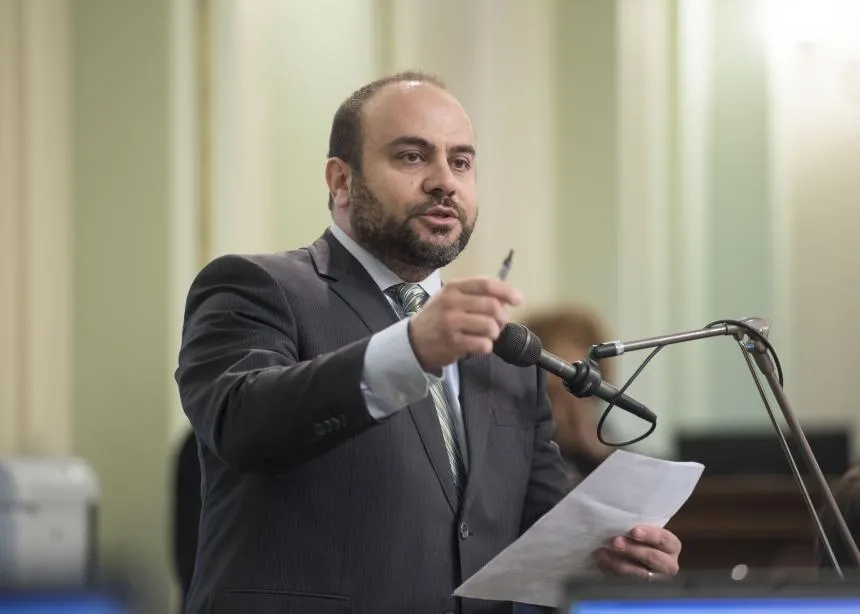AB 229: In-home supportive services: written content translation

In Home Support Services or IHSS is a program that provides eligible low-income individuals living with disabilities with assistance in daily activities to enable them to remain in their own homes. There are currently over 593,000 Californians who receive IHSS, and nearly 507,000 individuals who provide IHSS services, with 71.6% of the providers being relatives.
Even though existing law requires the translation of certain IHSS notices to IHSS recipients, their providers are not afforded these same translation services. Currently, the Department of Social Services (DSS) provides translation services to providers, but only on a voluntary basis. This means that only some documents from DSS are translated, but there are several training videos related to timesheets, paid sick leave and violations that are not translated.
This bill would clarify that DSS is required to provide translations of written content, as well as transcriptions or captioning of videos, in languages spoken by a substantial number of providers of in-home supportive services. AB 229 would also permit DSS to work with counties and the County Welfare Directors Association of California to repurpose existing, county-produced translations of written content and videos.
AB 229 is a reintroduction of AB 1909 (Nazarian) from the 2017 legislative session, which was vetoed by Governor Brown. In his veto message, Governor Brown stated that most materials for this program are already translated by counties with the assistance of the DSS.
IHSS providers provide a very important service for individuals with disabilities. They provide in home support services so that individuals can live at home with dignity and with loving care from a family member. In order to ensure they can perform IHSS duties in a way that best assists beneficiaries, we must guarantee they receive the same translations services that are afforded to recipients and move IHSS toward equity for all providers.
After being heard in the Assembly Human Services Committee, AB 229 is now a two-year bill.
